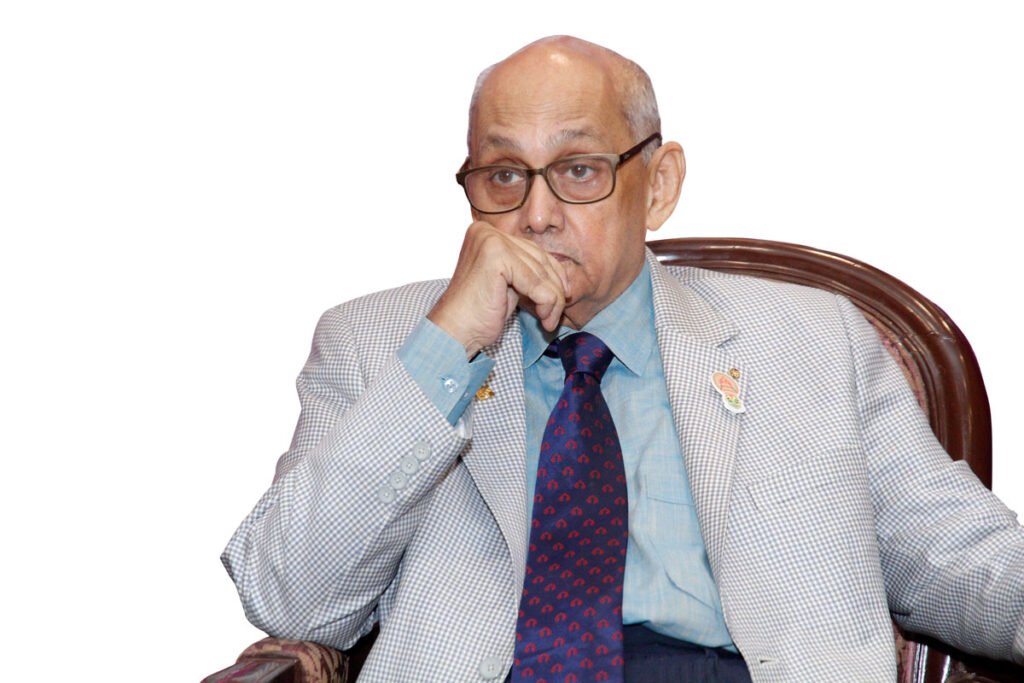Your office is only for one year and you would want to leave your mark. But if you try to start from scratch, to achieve something monumental in one year, you are going to fail. You need to look beyond yourself, and your year, at the long-term health of your clubs, communities and our organisation. That is how we get closer to achieving our vision,” said Past RI President Kalyan Banerjee, motivating the DGEs and DGNs at a session in the International Assembly which went virtual in February this year.

Greeting the district leaders world over, he said, “we are all connected today uniquely, only through our computers, iPads and cell phones, and in circumstances that are not only unusual but unprecedented. Let’s hope to see the end of this dreadful pandemic and rejoice together in a brave and safer new world.”
Reiterating the significance of Rotary’s core values and referring to the medical missions carried out by Indian Rotarians in Nigeria, and the American Rotarians in the Caribbean countries to help them recover and rebuild their homes after disastrous hurricanes, he said that friendship, diversity, integrity and “above all, our leadership, have all motivated us to engage in the service that we provide.”
Rotarians have always been leaders, he said, and highlighted the leadership of past RI presidents Rajendra Saboo “who conceptualised our unique peace scholarship programme, producing committed ambassadors to work for lasting peace around the world”; Sir Clem Renouf “who inspired Rotary to take up very large international projects for the first time”; Luis Giay “who helped make our Rotary Foundation programme more focused, more impactful”; and Cliff Dochtermann and Carlos Conseco “who helped Rotary engage in our quest to banish polio from the world.”
In Rotary, part of the leadership is about being a role model. “Leading in Rotary is different because here you are leading your equals. You are not there to give orders; you are there to lend support,” said Banerjee.
Great leaders don’t ever set out to be a leader. They set out to make a difference. “It’s never the role. It’s always the goal,” he said, adding that good leadership is to help those doing poorly, to do well, and those doing well, to do even better. “If you take all the qualities of a good leader, and sum them up in one word, then that word would be ‘trust’. Whatever happens, great leaders are never going to take more than their share of the credit or less than their share of the blame. He or she may not have all the answers, but they will tell you where to find them. They listen, motivate and inspire you.”
He left the district leaders to ponder and act on the thought: “Be the kind of leader of whom Rotarians in the district say, ‘if I am ever a district governor, I would like to be someone like him or her’. That is the gold standard of leadership.”
“When you start the 2021–22 year — and hopefully the new vaccines would have stabilised lives by then — the best thing you can do is to leave your district stronger than you found it. In the end, we need to remember that it does not matter who gets the credit,” he said.
Quoting former PM Indira Gandhi’s words: ‘There are two kinds of people in our world — those who do the work and those who take the credit,’ Banerjee advised the district leaders saying, “Try to always belong to the first group. There is much less competition there.”






